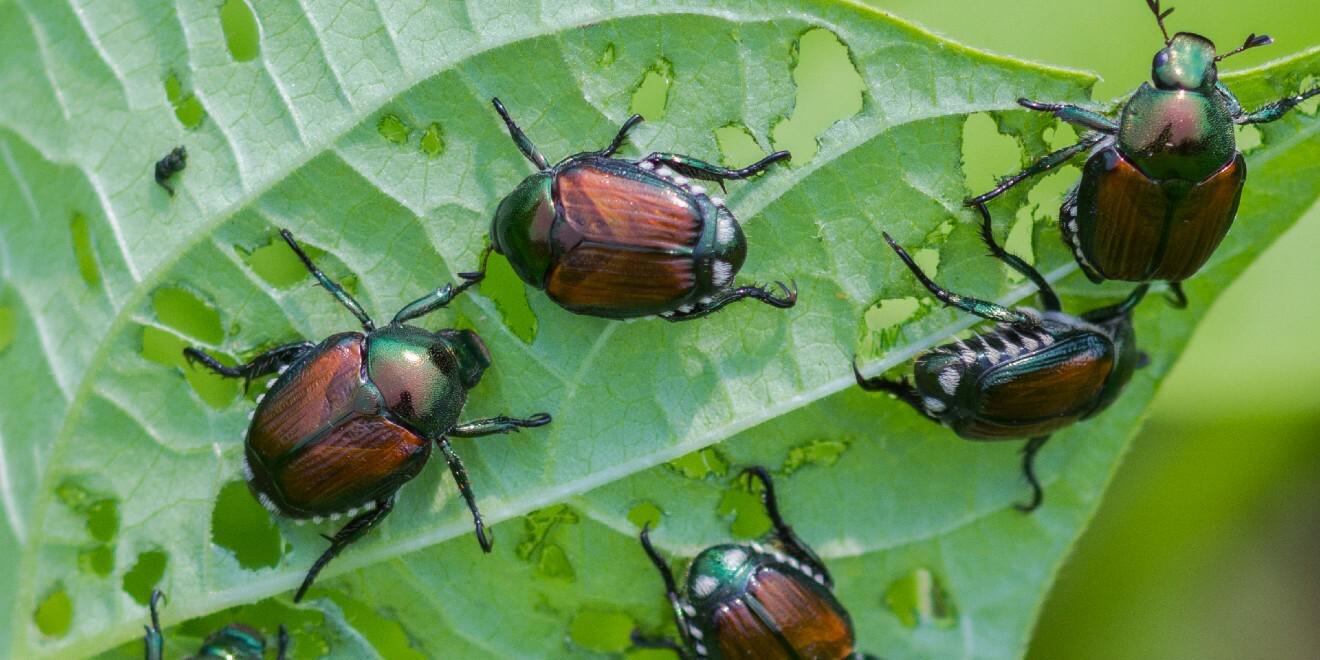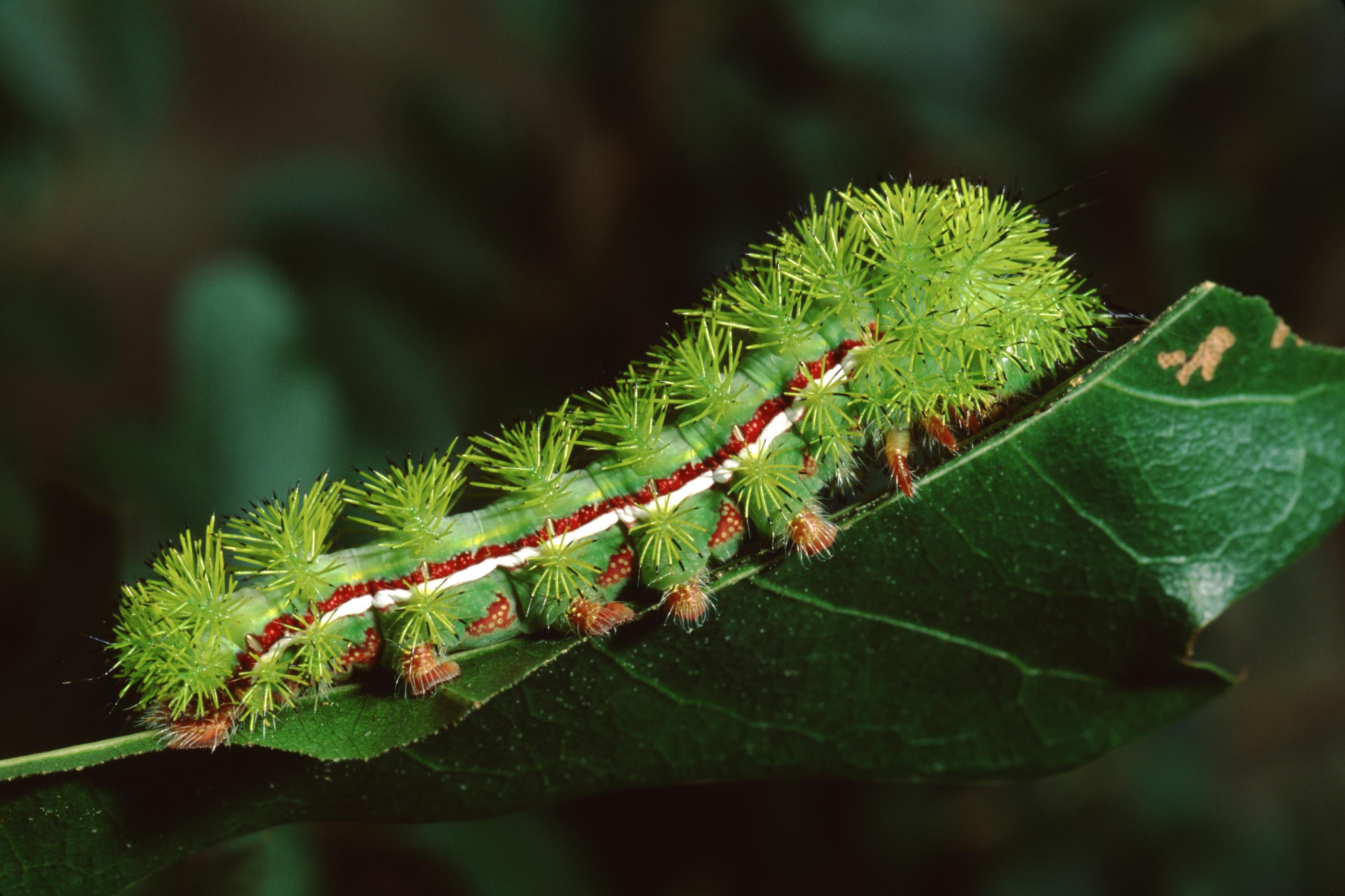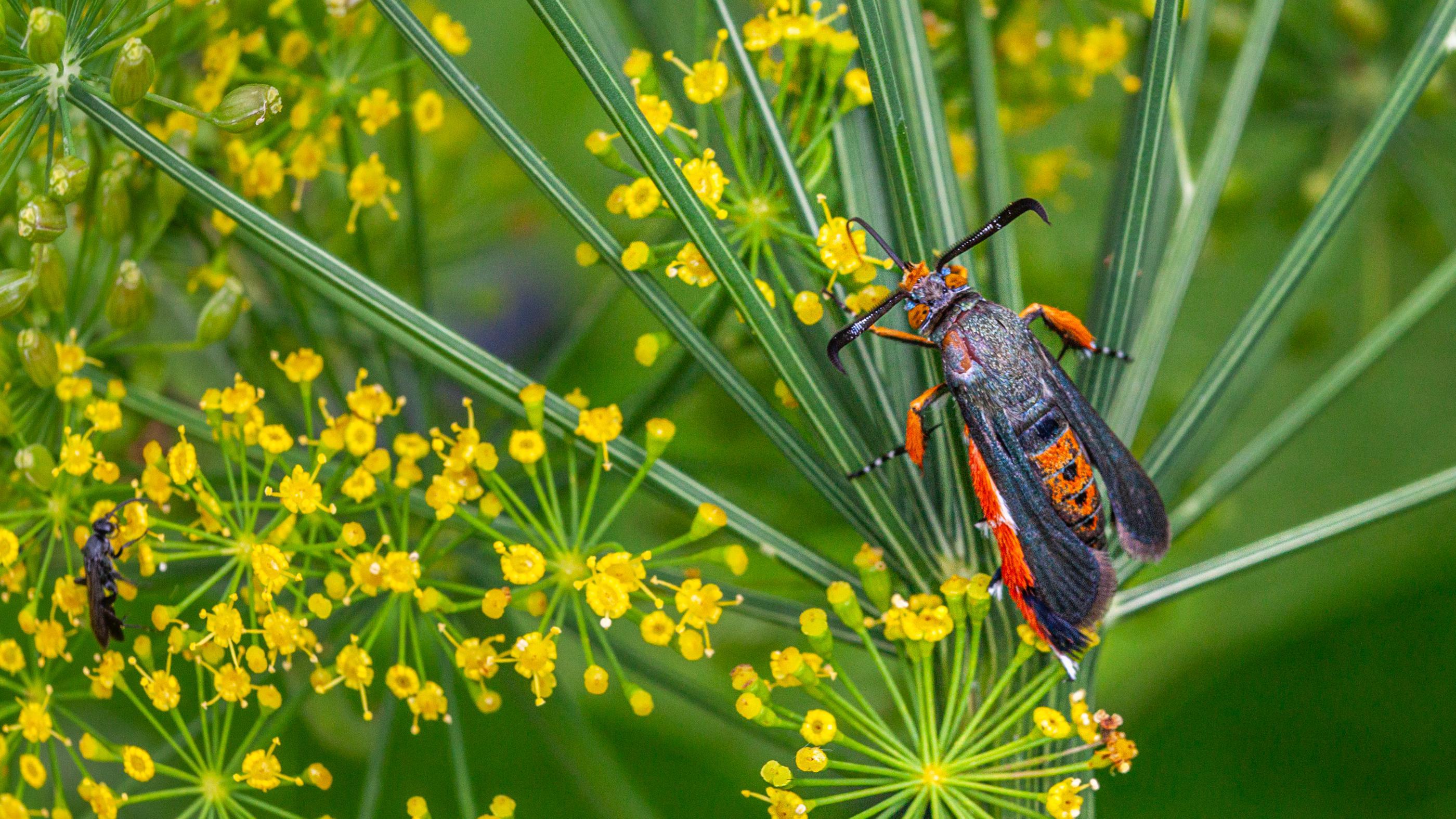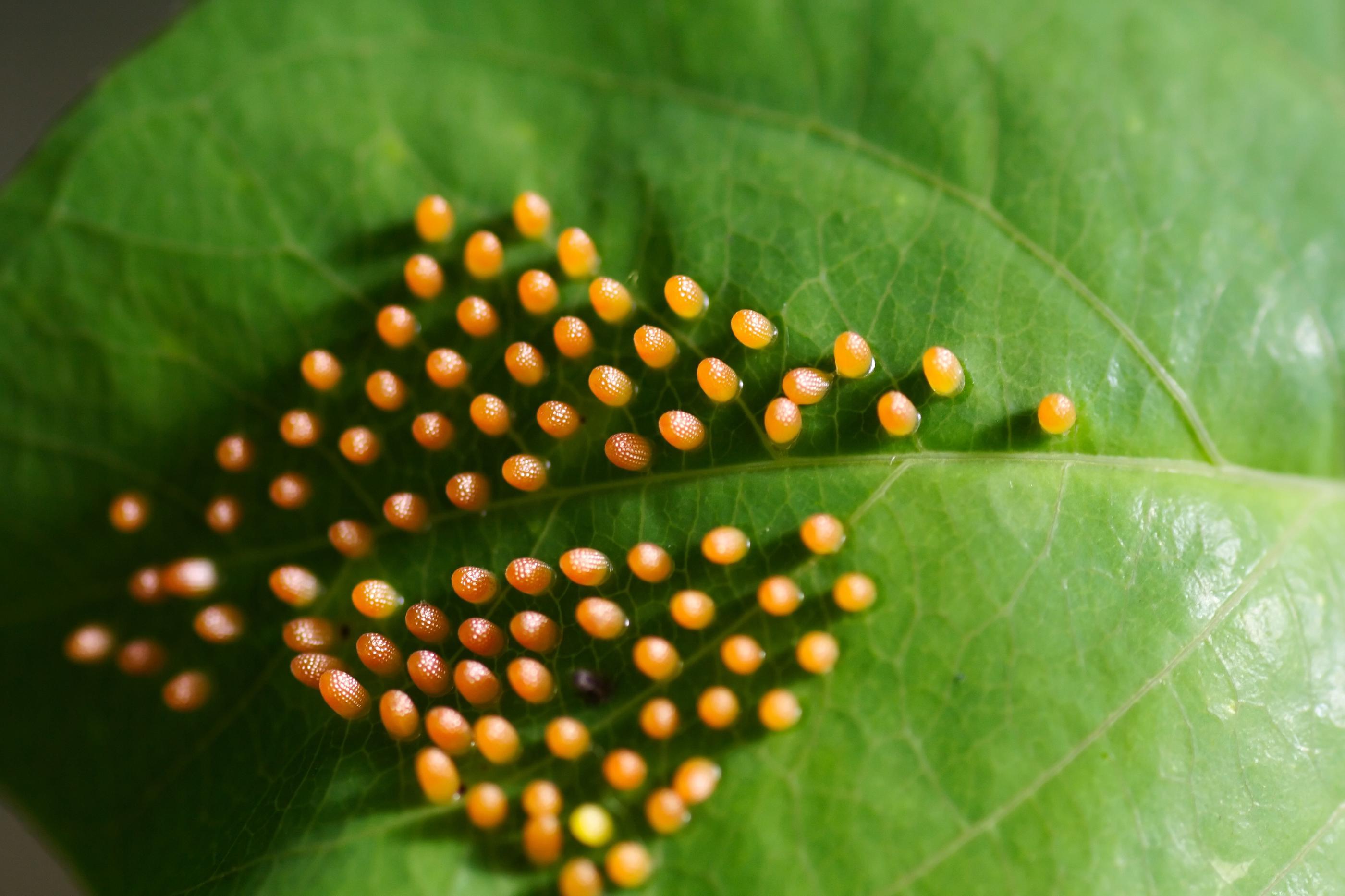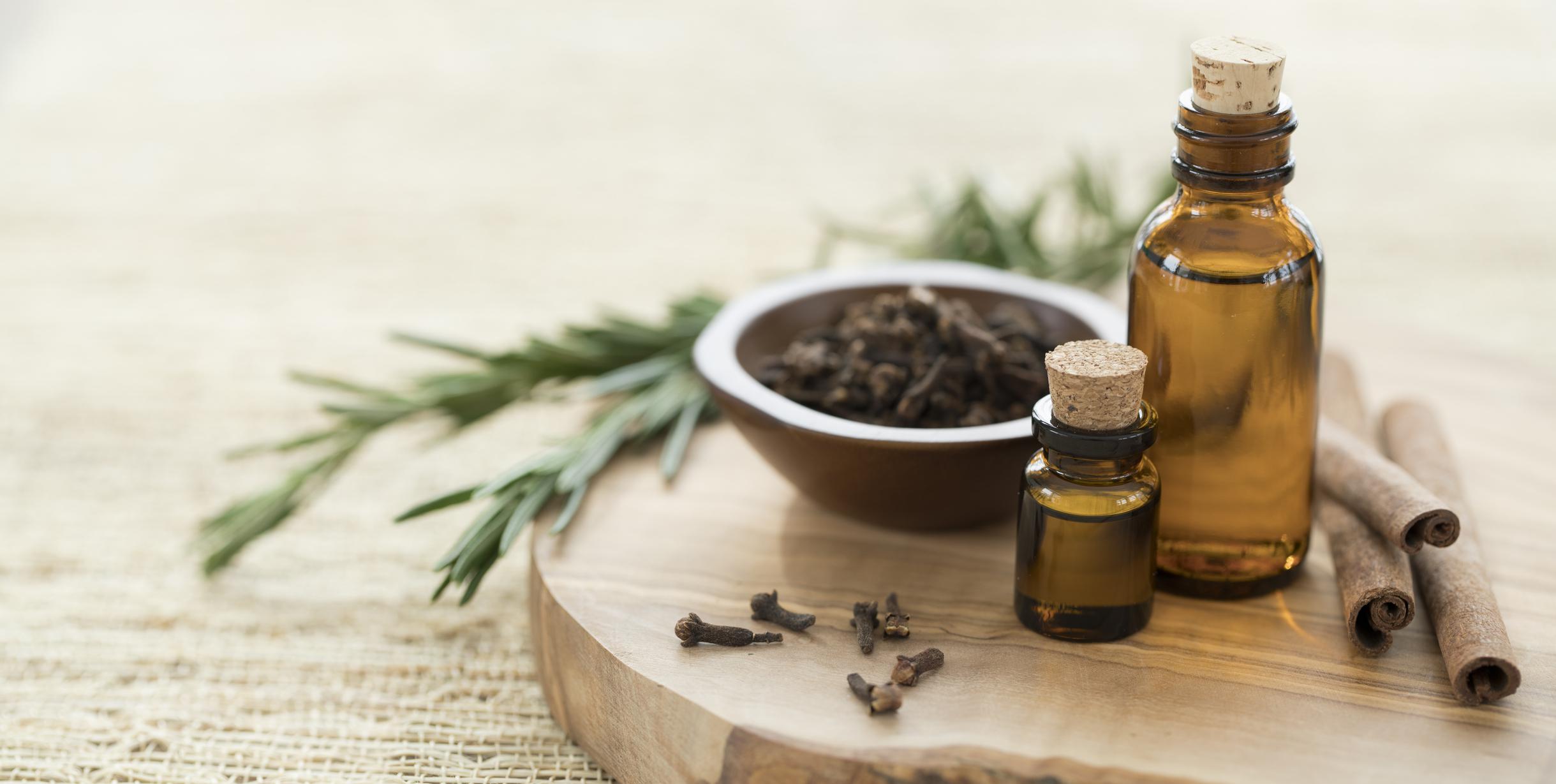Can all tick blood meals make you sick?
Posted by Mosquito Squad
December 20, 2023
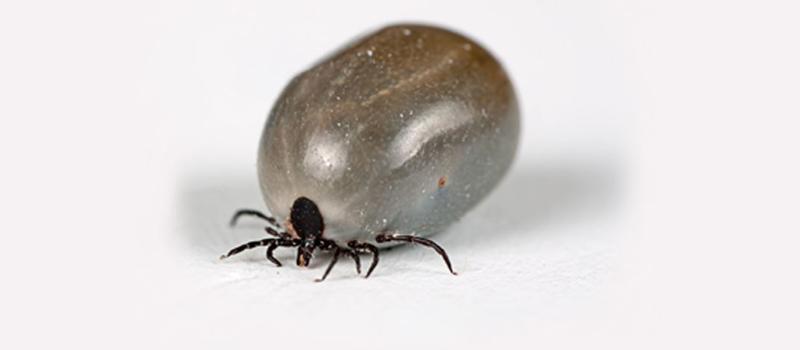
Ticks take their blood meal from their hosts such as animals, birds, and humans.
In doing so, they might leave their host with debilitating sickness. Some blood meals transmit infection, but not all blood meals make you sick. Female ticks will take three such blood meals and males will take two during their lifetime. Despite the risk of infection and general bad behavior, some of us keep inviting them back year after year.
What is a tick blood meal? Are ticks hungry?
Ticks have four distinct life stages. Those stages are egg, larvae, nymph, and adult. The female tick needs a blood meal in the last three stages and the male tick needs their blood meals in only the middle two stages. The purpose of the two middle blood meals is for the tick to grow and move into the next stage of development. The female tick needs her last blood meal solely to produce eggs for the next generation of ticks in your yard.
In the nymph stage of development, ticks are in their second year of life and are no larger than a poppy seed.
This is the stage where they are most likely to infect us. Although still small, they are larger than they were as larvae, so they are looking for a host that will provide a sufficient and often larger blood meal. Since many nymphs were infected with the Lyme bacteria as larvae, many will transmit the infection into their host. How do they transmit the disease if they are only taking in blood?
Ticks are looking for the protein and other nutrients in our blood. They want all the nutrition they can obtain. Since much of our blood is made up of water, ticks filter the water out by vomiting it back into our blood stream. This regurgitation is what causes the tick to infect us with Lyme and other dangerous bacterial infections.
Ticks often take blood meals from several hosts during a stage, especially the nymph stage where the most physical growth occurs in the tick. The amount of blood for a meal can be up to ¼ ounce. It doesn’t seem like much blood but remember how much blood needs to be “processed” and water regurgitated to obtain it. The process may take several days before a tick has a sufficient blood meal. At the end of the meal, the tick will be several times larger than when they started.
Rhode Island tick control offers essential tick protection.
What are some of the ways to make your yard less tick-friendly and a place where ticks will take fewer blood meals? Keep leaf litter out of your yard. Maintain a sun-drenched three-foot area around your yard if you live near a wooded area. Hire the highly-trained tick control technicians at Mosquito Squad of Rhode Island to apply barrier tick protection treatments about every three weeks from spring through the end of fall. In late fall and winter, we’ll employ our tick tube program to reduce the number of ticks that might otherwise emerge in the springtime. These are some of the tips that entomologists recommend to help keep your family safe!
Now is the time of year that Rhode Island ticks will begin to emerge. Isn’t it time you called Mosquito Squad of Rhode Island to begin your Pawtucket tick control regimen? Call us today at (401) 825-0110.

